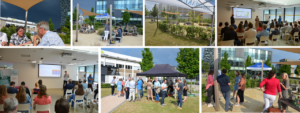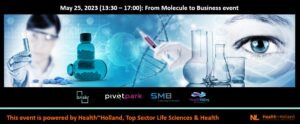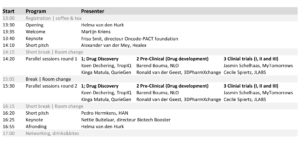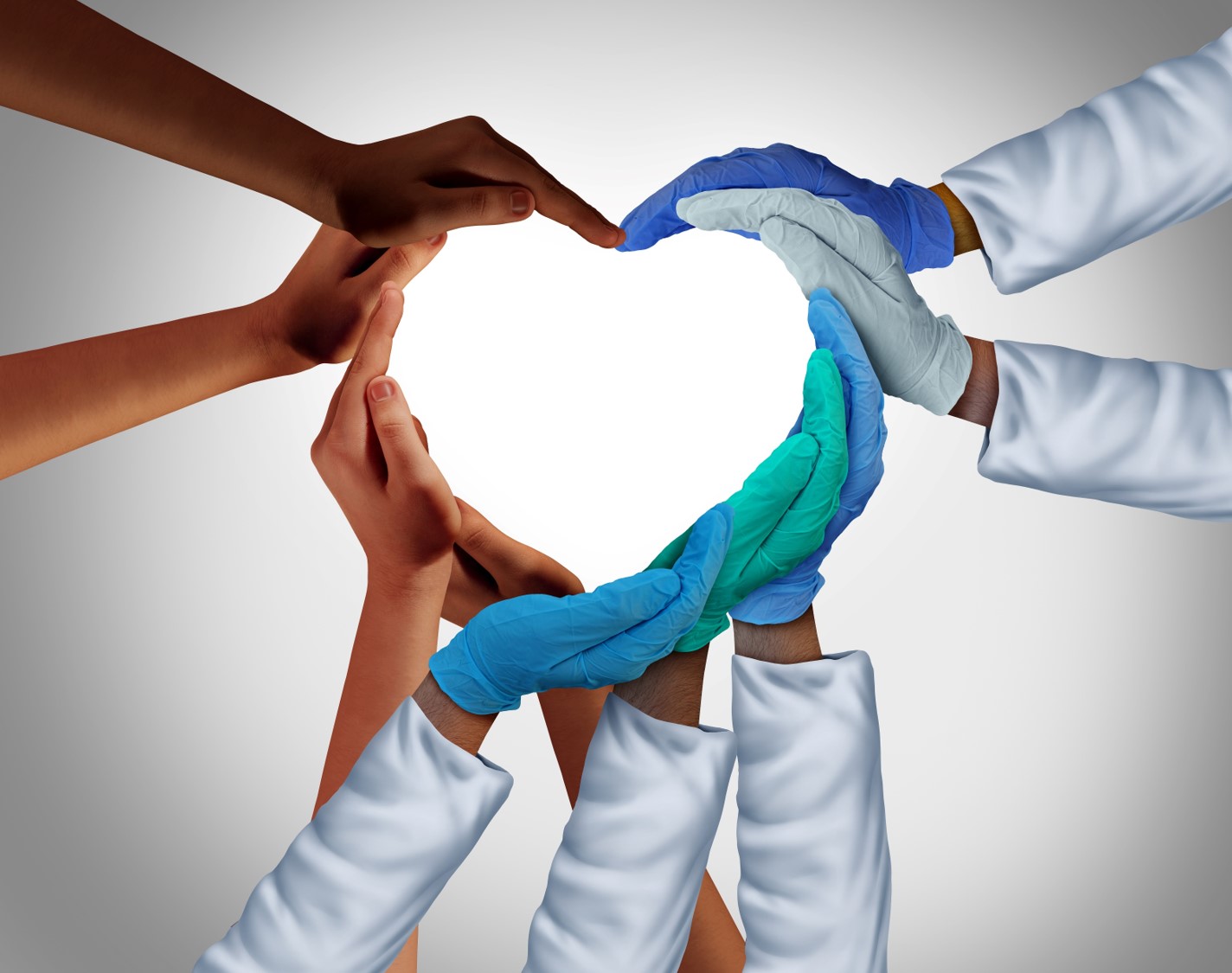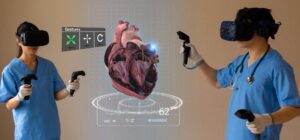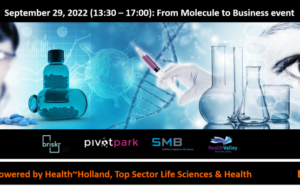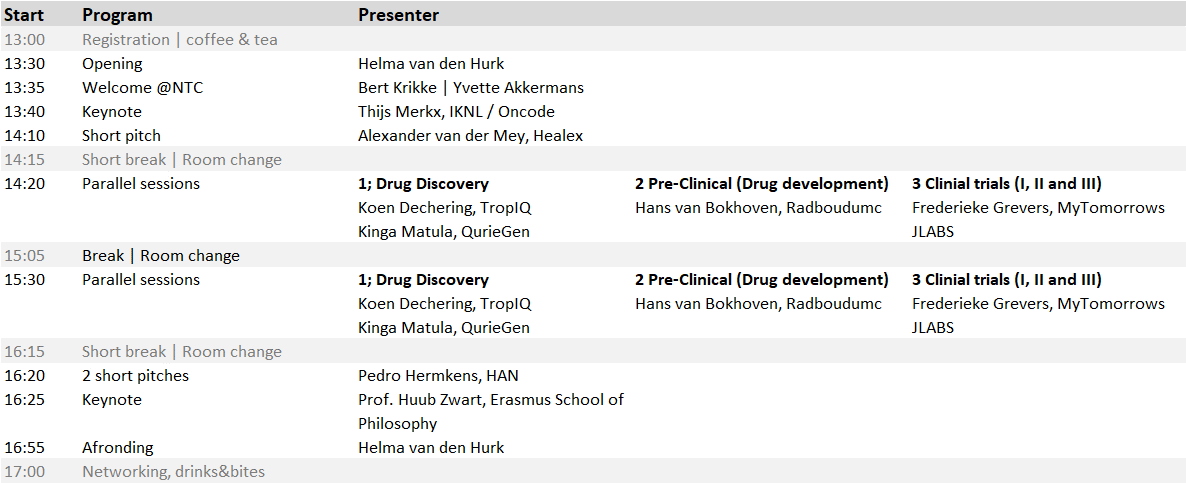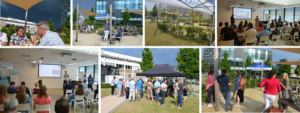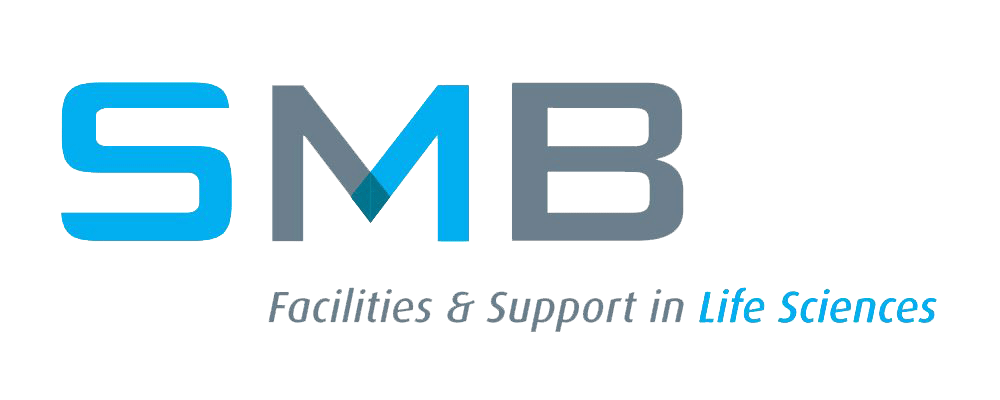Date: June 29, 2023
Time: 16:00-17:00 hrs (doors open at 15:30)
Followed by: BBQ with music outside on the green
Location: Meet&Greet, Building M, Noviotech Campus
Step into the future and be part of the change in Nijmegen, the city of Health and High Tech! Our region is teeming with innovative companies diligently crafting tomorrow’s solutions. On June 29, we’re inviting you to our SMB network meeting, where we’re encouraging you to #DareToAsk. Let’s help one another reach new heights of success – remember, we move faster alone, but together we journey farther.
The floor is yours during this network meeting! It’s your chance to share your queries and seek support from our vast network, including our trusted partners and supporting allies. Need sales contacts, fresh recruits, equipment sharing, contract specifics, or innovative design ideas? We’re here to provide the answers and help fill the gaps on your journey to success.
So, are you ready to #DareToAsk? We’re eagerly waiting for you to take this daring step. Send us your queries at smb@radboudumc.nl, along with a brief description of how you’d like to present it – via a banner, a couple of slides, or simply word-of-mouth.
And if you are #HappyToHelp and would like to attend the network meeting and BBQ with live music, please register below!
Program
15:30 hrs: doors open
16:00 hrs: start meeting
17:00 hrs: start bbq outside
19:00 hrs end meeting
Speakers are:
- Martijn Kriens, Briskr: Help us improve to improve you!
- Joey Michorius, Avivia: Who wants to partner up with us for business fairs and events?
- Nando Zieverink, Enzyre: Help, my freezer is failing!
- Joost Koelega, EPR Partner: Shall we make it together?
- Frank Walboomers, HCM Regulate: What can HCM Regulate do for you?
- Stan Wijn, Medip Analytics: Get ready for the launch! Pick up the phone?
- Marco de Boer, Predica Diagnostics: How to access the US market?
- Sandra de Vos, Vosfox Medical: Do you know potential customers for Vosfox Medical in your network?
- Oliver Maiwald, Sencio
- Celien van Lochem, QServe Group
Live event
We organise this network meeting at Noviotech Campus in Nijmegen with a BBQ afterwards.
Good to know
Presentations are in English & the entrance is free (registration upfront is needed though). We welcome new guests, so please feel free to pass on this invitation to relevant people in your network!
We look forward to meeting you on June 29!
The monthly meetings Science Meets Business aim to connect people and exchange knowledge in the world of science and business.

